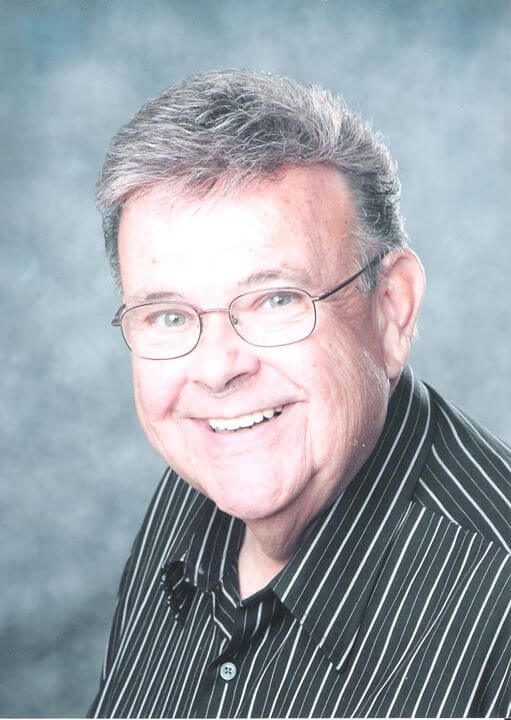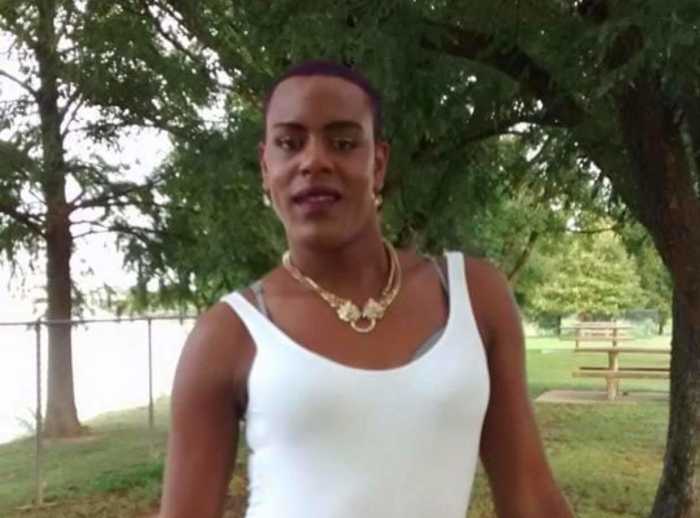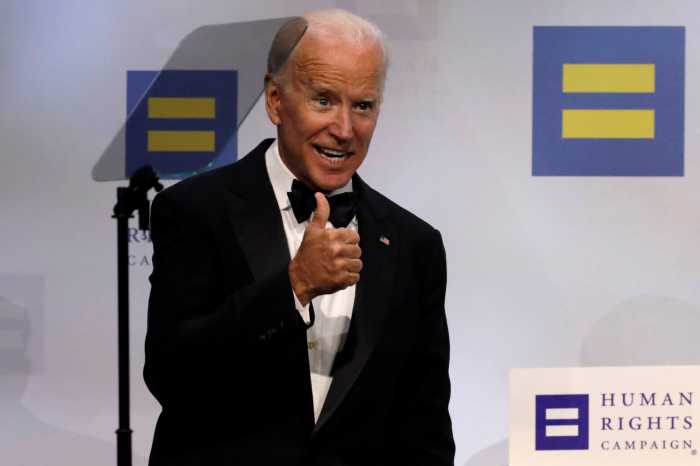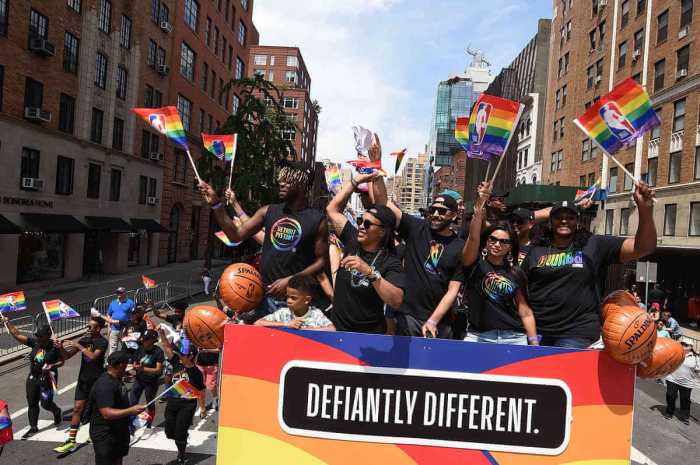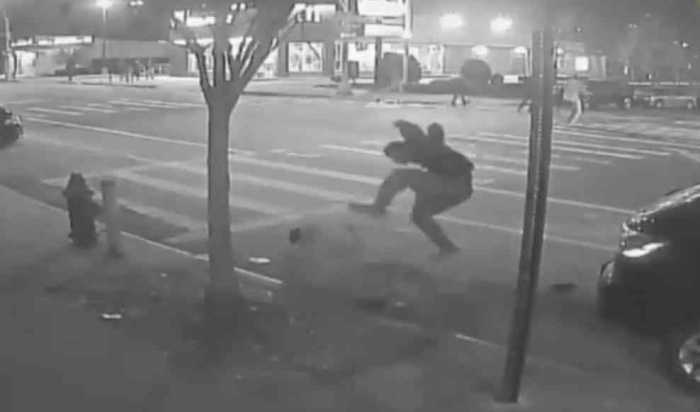Jim Smith, an LGBTQ pioneer from Staten Island who spent years at the forefront of the fight for queer rights in the borough, died on June 28 — the anniversary of the Stonewall uprising — after suffering complications of COVID-19.
Smith, who was 79, became the latest member of the local LGBTQ community to succumb to coronavirus after the passing of Lorena Borjas of Queens, Mount Sinai nurse Kious Kelly, and former Gay City News copy editor Dean Wrzeszcz, among numerous others in recent months.
Smith co-founded the political club Stonewall Staten Island, served as the grand marshal in the borough’s first Pride march in 2005, and was on the board of the Pride Center of Staten Island, among other important roles.
Those leadership posts, however, came in the face of fierce adversity he navigated earlier in life. He struggled with his sexuality from a young age when he attended Catholic School in the West Brighton section of Staten Island in a much different era.
“My uncle was gay at a time when it was a taboo thing,” Smith’s niece, Julie Koslowski, told Gay City News. “Nobody talked about it.”
Smith wound up joining the military and he would later open up about how he was able to connect with other gay men upon his return from the service. He developed even more friendships when he joined Lambda Associates of Staten Island, which was founded in 1984.
Smith was interviewed by Gay City News in 2005 when he was grand marshal at the first Pride march on Staten Island.
“My first reaction, when they asked me to do this, was, ‘I can’t do this,” Smith, who was a state prison counselor, said at the time. He said he spoke to his boss, the superintendent of the Arthur Kill Correctional Facility, to make sure he wouldn’t be fired for being grand marshal.
“I’m a state employee so they can’t fire me,” he said. “I still think it’s 1960 and people are probably more open-minded than I think they are.”
Carol Bullock, the executive director of the Pride Center of Staten Island, said Smith was known as “the godfather of Pride on Staten Island” and impacted numerous lives, including her own, as he helped guide her when she was hired to lead the organization late in 2017.
“I knew his vision was part of my vision to help continue the fight for equality and acceptance in our community,” Bullock said. “I had numerous discussions with him, talking about how he became involved. We lost an icon.”
Smith continued advocacy work up until the very end. He wrote an article in the Staten Island Advance on March 1 expressing his disappointment in the ongoing ban on LGBTQ groups from participating in the borough’s St. Patrick’s Day parade. That ban has remained in place despite significant pressure from the local community.
“That really was a blow to him,” Koslowski recalled. “It was, as he said, ‘a kick in the ass.’”
Koslowski said she always knew her uncle was gay, but it was not until he was honored at a dinner during Pride month in 2015 that she heard him open up more about his life journey and explain “how torn he was.”
“He used to say he was thinking more about what a person should be wearing at prom than who he was going to go with,” Koslowski said. “I know that was a very internal conflict for him.”
In that same article he wrote earlier this year, Smith looked back on his younger years and conveyed the feelings of isolation that gripped him during his youth.
“I was a senior in high school and I was all alone,” Smith wrote. “Ten years before the Stonewall Revolution. Could not talk to my parents, my classmates, and I did not know anyone else like myself. I talked to a priest and he told me to take cold showers, to pray and the feelings would go away. I was seeing a girl at the time and I prayed. The only thing that went away was the girl.”
Koslowski said Smith first got sick around Easter and continued to fight through his final days. Even as he became increasingly sick, he would selflessly remain adamant about checking on his family members to make sure everyone else was okay.
Due to the coronavirus pandemic, Smith’s family was forced to keep their immediate funeral proceedings small. Koslowski said there will be a larger gathering that will be open to the public whenever it becomes safe enough to do so.
But in the meantime, she is remembering her uncle — and she knows that every year, from this point forward, the anniversary of the Stonewall Uprising holds unique significance for her family.
“It was very fitting that [he died] on the anniversary,” Koslowski said. “He lived that battle for 79 years, and I’m proud to say that was the anniversary. It always has been a special day and now it will be even more.”
To sign up for the Gay City News email newsletter, visit gaycitynews.com/newsletter.

